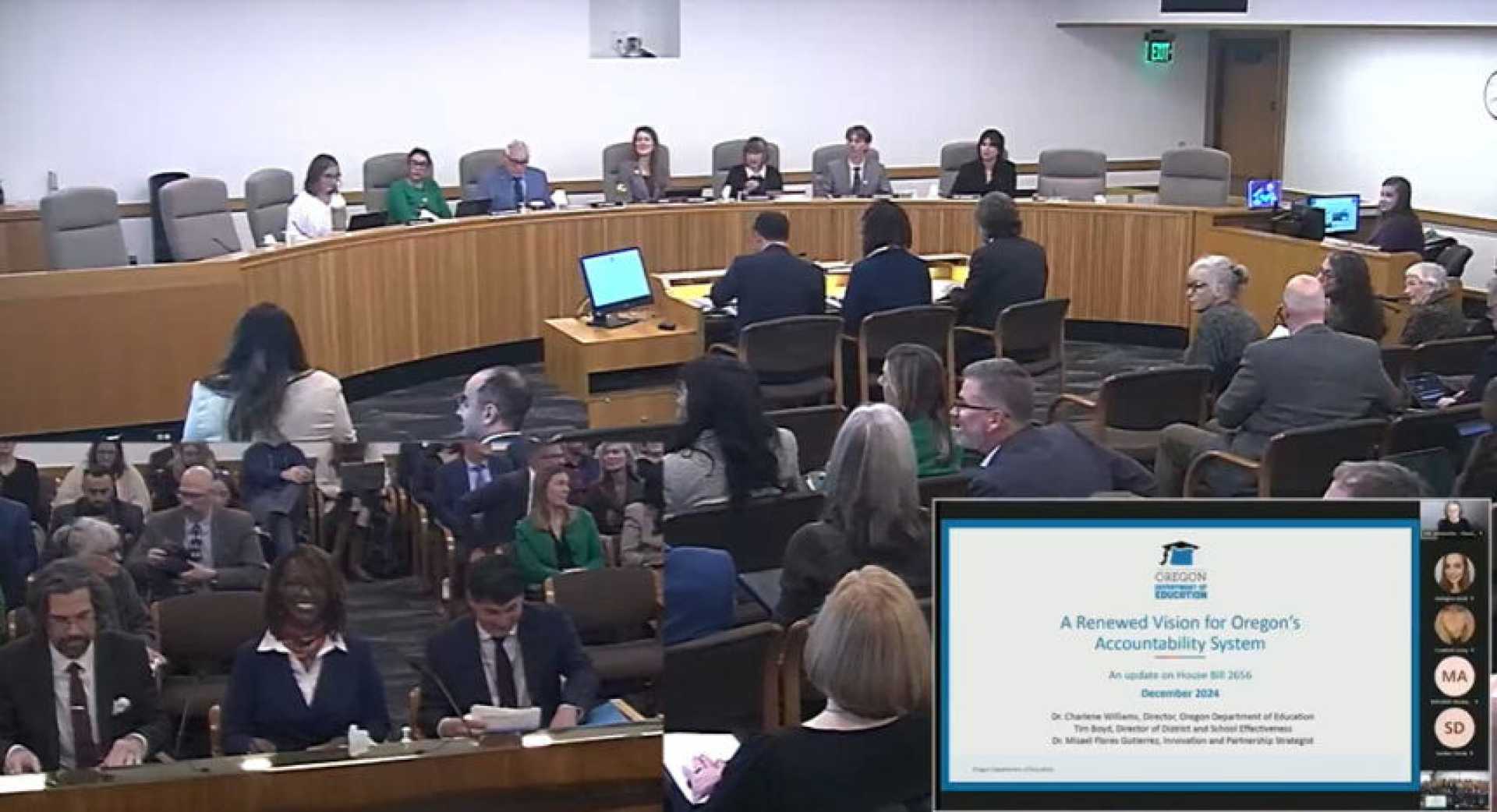Education
Oregon Education Accountability Debate Heats Up with New Legislative Focus

SALEM, Oregon — Oregon Secretary of State Tobias Read is stepping into the ongoing debate over K–12 education accountability. On May 2, 2025, he requested updates from the state Education Department following a report that highlighted five key risks threatening improvements in the education system.
This inquiry comes as Oregon implements the 2019 Student Success Act, which significantly increased state funding for education through a corporate activities tax. Read emphasized the importance of ensuring taxpayer dollars are effectively utilized, stating, “The stakes for Oregon’s students, families, and future are high. Billions of taxpayer dollars are on the line.”
The report indicated a troubling trend: despite increased funding, Oregon’s educational outcomes have worsened, particularly among fourth graders, who now rank last in reading and mathematics when adjusted for demographics. Read’s letter reflects growing concerns about the effectiveness of these funds in addressing longstanding issues.
This year, Governor Tina Kotek has championed reform through a pair of accountability bills currently progressing through the legislature. Whitney Grubbs, executive director of Foundations for a Better Oregon, described the systemic risk report as an initial step but noted its narrow focus. Grubbs supports Kotek’s efforts, stating they give the Oregon Department of Education (ODE) the necessary authority and tools to address the identified risks.
“Instead of kicking the can down the road, I think Gov. Kotek and the Legislature have actually stepped up to the plate,” Grubbs commented.
Read’s proactive engagement suggests potential personal political aspirations, particularly following his bid for governor in 2022. His outreach is somewhat unusual for a Secretary of State, who typically does not engage directly in educational policy debates. In his correspondence, Read has called for a meeting with ODE and a detailed response to the report’s findings.
Dr. Christine Pitts, an education policy expert, views Read’s letter as a pivotal moment for Oregon’s K–12 accountability. She expressed hope that ODE will take this opportunity to ensure that funding aligns with measurable educational outcomes.
“If we invested more money through the SSA and spent federal relief dollars, it makes sense to ask whether ODE has created an action plan and followed through on the audit,” Pitts stated.
As ODE prepares its formal response to Read’s request, the conversation around education accountability in Oregon is likely to grow more intense. The upcoming weeks could prove crucial for shaping the future of K–12 education in the state.












